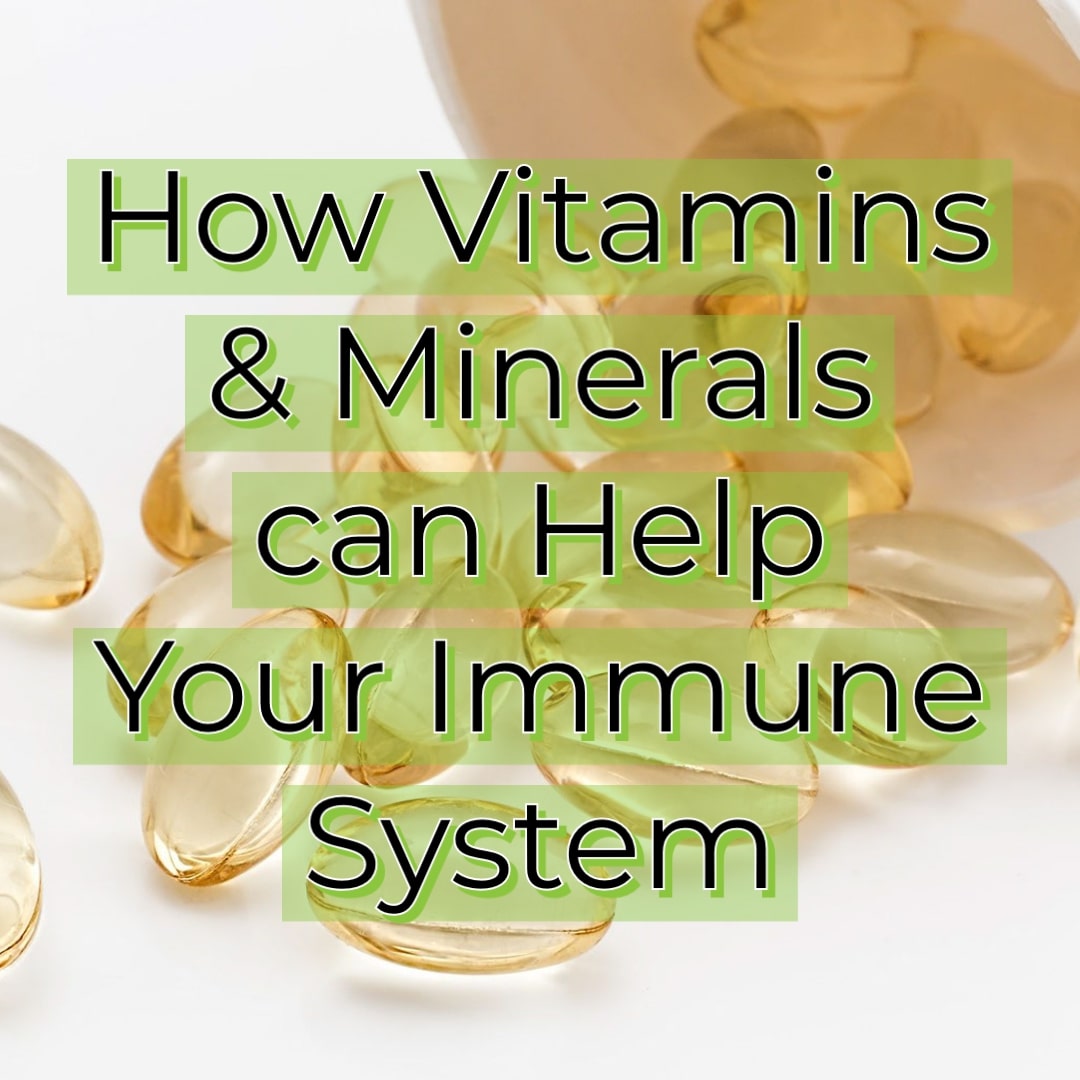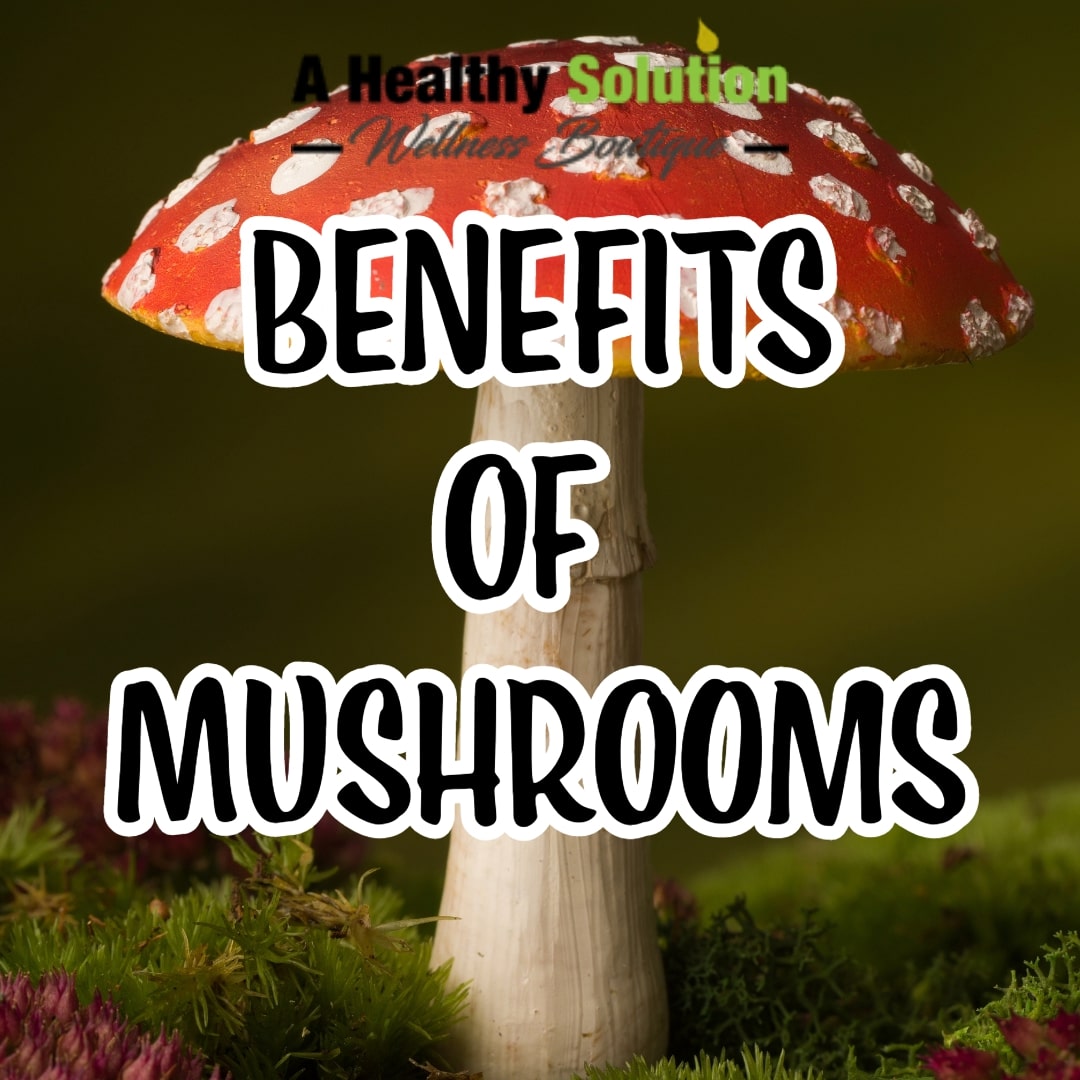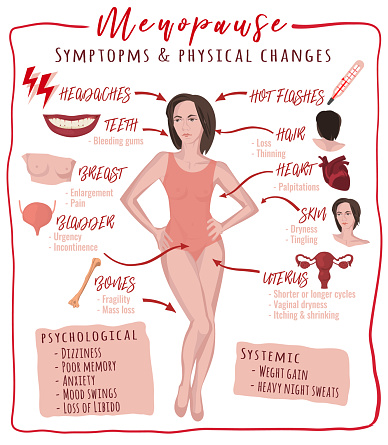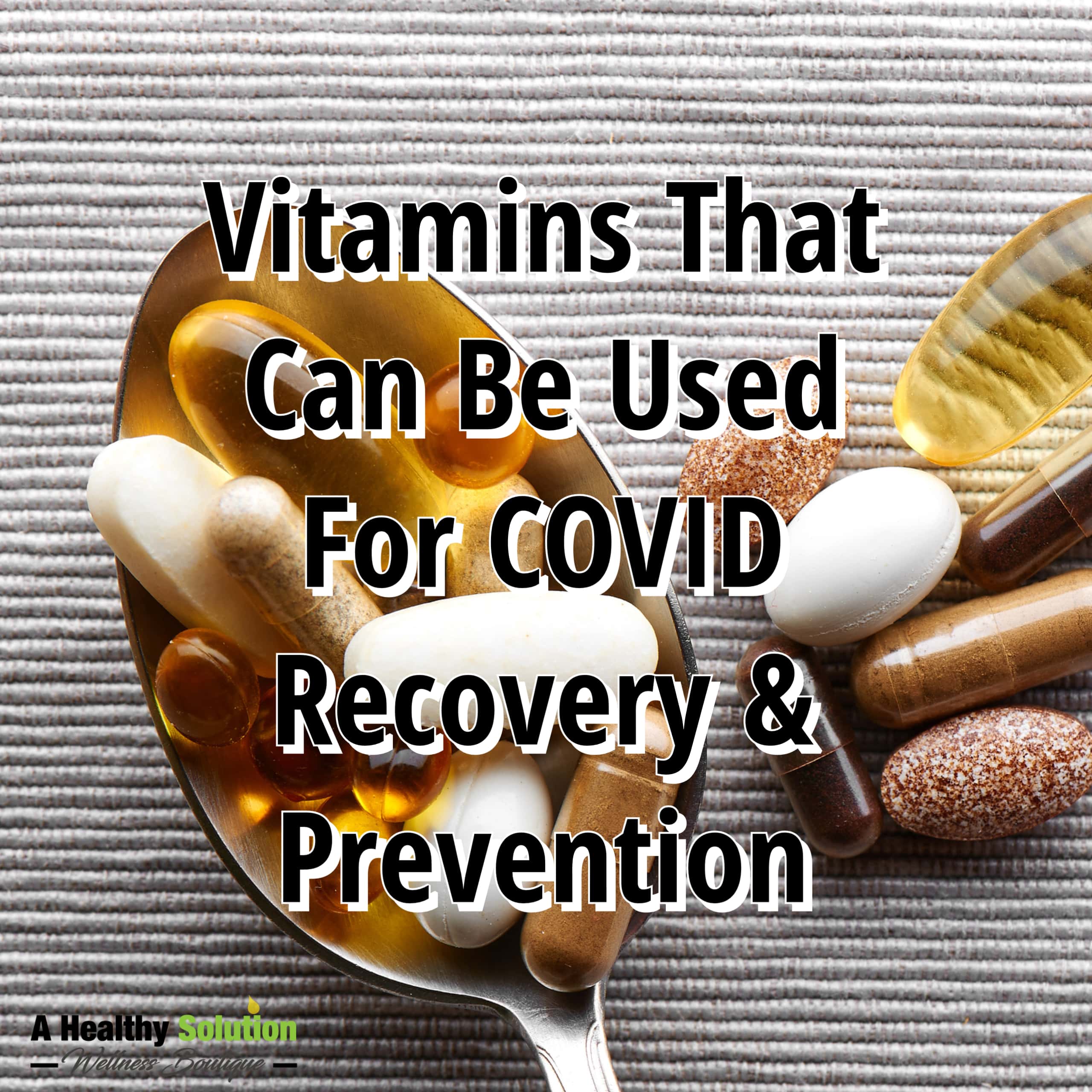Our bodies are very complicated systems of different bits and pieces, each having different ways of responding to the world around it. Some more able to fight off illness, some, not as much. We’ve also always heard how there are different vitamins and minerals that can help boost our immune systems to keep us safer, but what works best? The shortest answer would be that it depends on the person and what their body needs. In this blog we’re going to talk about: vitamin D, vitamin C, Zinc, and elderberry. We’re going to dig into what each item brings to the table and how they can improve your day-to-day life.
Let’s start with Vitamin D. This vitamin is known as one of the most significant immune system strengthening nutrients that can decrease the risk of colds and flus. Though it’s usually known for its capability to strengthen our bones and add more calcium into our bodies. As the vitamin D receptor is expressed on immune cells (B cells, T cells and antigen presenting cells) and these immunologic cells are
all are capable of producing the active vitamin D metabolite, vitamin D has the ability of acting in an autocrine manner in a local immunologic milieu. Vitamin D can modulate the innate and adaptive immune responses. Deficiency in vitamin D is associated with increased autoimmunity as well as an increased sensitivity to infection. As immune cells in autoimmune diseases are responsive to the ameliorative effects of vitamin D, the beneficial effects of supplementing vitamin D deficient people with autoimmune disease may extend beyond the effects on bone and calcium homeostasis. There are foods you can eat that naturally put this vitamin into your system, those foods include: fatty fish, like tuna, mackerel, and salmon, or dairy products, orange juice, soy milk, and cereals, beef liver, cheese, egg
yolks, etc.
Now on to Vitamin C, it’s importance to the body and how it can improve your life. This vitamin is known for boosting our immune systems by supporting the production of white blood cells that help fight off infections. Because your body isn’t naturally able to make Vitamin C on its own, it has to come from the foods you eat every day. Research shows vitamin C is essential for the growth and repair of tissue all over the body. Vitamin C helps heal wounds and repair and sustain healthy bones, teeth, skin and cartilage, a type of firm tissue that covers the bones. As an antioxidant, vitamin C fights free radicals in the body which may help prevent or delay certain cancers and heart disease and promote healthy aging. Vitamin C from foods also seems to reduce the risk of cartilage loss in those with osteoarthritis. Though it may not keep you from catching a cold, there is some evidence that high doses of vitamin C may decrease the length of cold symptoms by as much as one to one-and-a-half days for some people. Sources of vitamin C are reach well beyond the ever-popular orange or orange juice. Many fruits and vegetables supply this vital vitamin. Sources of vitamin C include citrus fruits, tomatoes, potatoes, strawberries, green and red bell peppers, broccoli, brussels sprouts, and kiwifruit, among others. You can enjoy these foods raw or cooked, but it’s important to note that fruits and vegetables lose vitamin C when heated or stored for long periods of time. To get the most nutrients, eat them as soon as possible after shopping and consider steaming or microwaving vegetables for short periods of time to limit nutrient loss.
Next up, we have Zinc! Zinc is found in cells throughout the body. It helps the immune system fight off invading bacteria and viruses. The body also needs zinc to make proteins and DNA, the genetic material in all cells. Scientists determined in human cell culture and animal studies that a protein lures zinc into key cells that are first responders against infection. The zinc then interacts with a process that is vital to the fight against infection and by doing so helps balance the immune response. It can also help reduce symptoms of COVID-19. While there is no current cure to this illness, there are ways to help prevent it from affecting you, such as the COVID-19 vaccine. But if that isn’t the route you want to take or want to use something more to help you stay immune, this could be a good choice. At the moment there are few good quality trials examining the role that zinc supplements or low zinc levels have in COVID-19 which means we need to review good quality research that looks at zinc in other conditions as well. A Cochrane review of 18 studies found zinc lozenges (at least 75mg/day) administered within 24 hours of the onset of symptoms reduced the duration of cold symptoms in healthy people. They could not make a recommendation regarding whether zinc supplementation reduced the risk of developing a cold. Zinc gluconate (13.3mg) reduced the symptoms of a common cold by more than three days in 100 employees in Cleveland. Zinc was shown to inhibit the activity and replication of another coronavirus
(SARS-CoV which caused an outbreak in 2002) in the laboratory. Low zinc levels were associated with a poorer outcome in people admitted to a hospital in Spain with Covid-19.
And finally, elderberry! The berries and flowers of elderberry are packed with antioxidants and vitamins that may boost your immune system. They could help tame inflammation, lessen stress, and help protect your heart, too. Some experts recommend elderberry to help prevent and ease cold and flu symptoms. What’s nice about this plant is that it’s high in vitamin C, high in dietary fiber, a good source
of phenolic acids, a good source of flavonols, and rich in anthocyanins. Though how much the berries have in them can depend on the variety of the plant, the ripeness of the berries, and the environmental/climatic conditions. Elderberry extract has been shown to reduce the length and severity of symptoms caused by the influenza virus. While the results are promising, further large-scale human studies are needed. Elderberry fruits, leaves, and flowers are strong in antioxidants. However, their protective effects on humans appear to be insignificant. Additionally, the processing of the berries and flowers can reduce their antioxidant activity. Elderberry has some benefits for heart health, such as reducing cholesterol, uric acid, and blood sugar levels. However, further research is needed to demonstrate if these effects are significant in humans. Though these benefits seem great, uncooked berries, leaves, bark, and roots of the elderberry plant contain the chemicals lectin and cyanide, which can cause nausea, vomiting, and diarrhea. Cooking the berries and seeds will remove the cyanide. So be
careful while ingesting this plant before cooking.
In conclusion, all of these vitamins have many different healing benefits for the body. Always consult your doctor before trying any new medical treatments.






Leave A Comment
You must be logged in to post a comment.